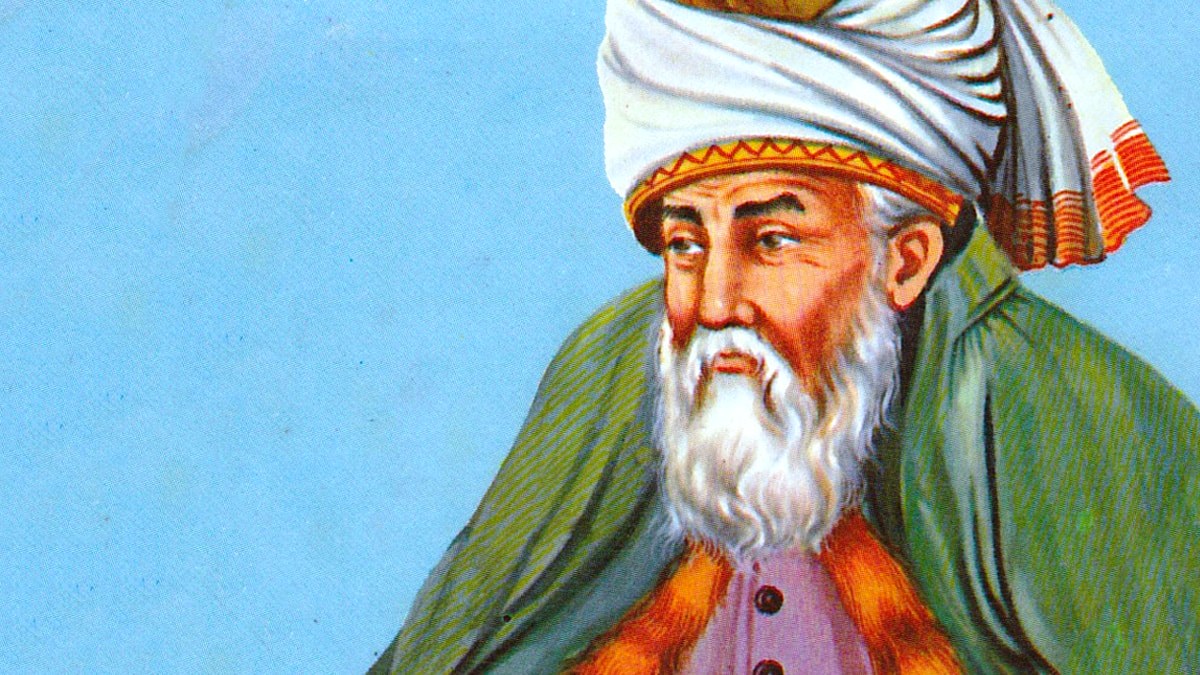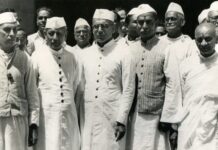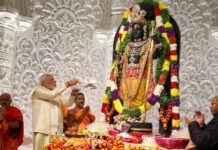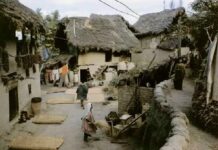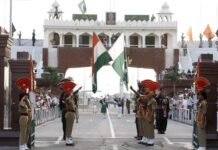Author: Dr Sheikh Showkat Hussain Publishers: Kashmir Institute, Abi Guzar Price: Rs 135 To be released on April 19
Sara Wani
The book is a compilation of author’s articles published in various Srinagar and Jammu based newspapers. The categorization of essays in the compilation appears a serious effort to create a narrative. Apart from commenting on major players in local politics, the compilation begins with the age-old dimensions of the conflict to present times, later discussing in detail the Indian state and the response of the world at large. Apart from commenting on solutions, the articles offer the author’s viewpoint over the India-Pakistan peace process.
Dr Sheikh Showkat is indeed a prolific writer and consummate scholar. Born, brought up in Srinagar, Showkat did his LLB at AMU and later completed his doctorate there. He taught at International Islamic University Kualalampore before flying back home to join law faculty at the University of Kashmir.
Finding origins of resistance, the author makes us revisit the prehistoric times when indigenous Kashmiris’ tried to catch hold of anything that they thought could save them from the clutches of usurpers and exploiter Arians who had employed every trick in the book to perpetuate their hold on power and authority.
Building the theme the author, however, has not given due importance – in any of his pieces – to the influence of Dhars of Habakadal who were hosting Nehrus from pre-partition days. It was this association that led to the handpicking of D P Dhar as a very vital player in subsequent years. A student of the law in the Luckhnow University, DP was vital in arranging Sheikh-Nehru meeting that eventually led to the conversion of Muslim Conference into National conference. Interestingly, the same DP was responsible for the post-accession crisis initially by getting Sheikh Abdullah deposed and later by playing king-maker to Bakhshi, Sadiq and others. Many historians see his role in the mysterious death of Sadiq.
The author believes the current resistance movement is the continuation of Kashmir’s resistance to Amritsar sale deed and is inspired by the Iranian revolution of 1979. Unlike the popular belief that Uncle Sam would finally come to the rescue of Kashmir, the author sees the superpower of a unipolar world as a fence sitter. He sees American silence as part of its plan to punish Kashmiris for their faith as compared to East Timor.
Americans, in fact, have had a chequered history as for as their dealings in South Asia go. They have been avowed allies of Pakistan but always ended short of being an ally. During Sino Indian war of 1962, America forced Ayub to stay neutral and promised resolution of Kashmir issue. In 1965 Indo Pak war, they ordered Ayub to retreat and in 1971 they watched its “strategic ally’s” dismemberment.
The author sees the unionist camp as an extension rather the infiltration of the federal government. So he concludes the solutions that they propound (autonomy, self-rule etc) being used to dilute the demand for the right of self-determination. The author has ridiculed almost all the political actors currently in trade.



